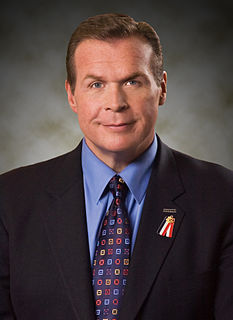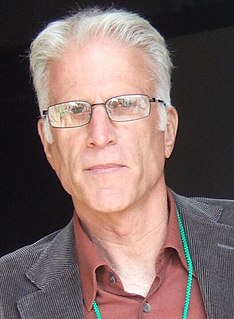A Quote by J. D. Hayworth
Producing fuel cells and solar panels requires high tech facilities and produces high paying jobs. The industry is booming in Arizona. The state already has about 100 firms in the solar industry and has grown 20% since 2003.
Related Quotes
A majority of Trump's voters were in favor of staying in the Paris Agreement. And if you look at what's really happening in the economy, the economic argument actually is very strongly in favor of the Paris Agreement. There are now twice as many jobs in the solar industry as in the coal industry. Solar jobs are growing 17 times faster than other jobs in the U.S.































